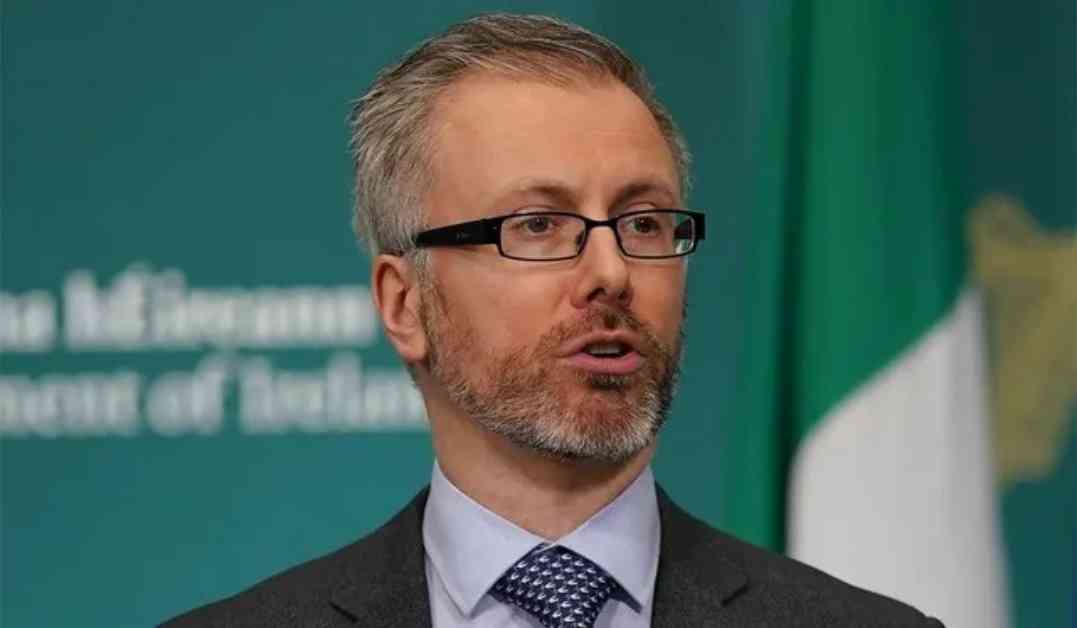Potential Alliance between O’Gorman, Labour, and Soc Dems Post-Election
Green party leader Roderic O’Gorman has expressed his party’s intention to negotiate with Labour and the Social Democrats on key policy positions before engaging with Fianna Fáil and Fine Gael in the post-election scramble. The return of the Dáil this week sees parties such as the Greens, Fianna Fail, and Sinn Féin holding think-ins, providing an opportunity for reflection on the outcomes of June’s local and European elections.
In June, the Greens faced a tough outing, losing both of their MEPs and several seats across Dublin. The party’s performance highlighted the need for strategic alliances to strengthen their position in government formation. With last year’s Dáil constituency redrawing exercise setting 88 seats as the threshold for forming a government, O’Gorman emphasized the importance of finding common ground on the center-left with Labour and the Social Democrats.
Building a Coalition on Shared Values
The combined total of 24 Dáil seats held by the Greens, Labour, and the Social Democrats following the 2020 general election positions them as a significant player in government formation. O’Gorman’s focus on engaging with like-minded parties reflects a strategic approach to policy implementation. By prioritizing shared values on supporting children and families, the potential alliance aims to drive impactful policies that resonate with the electorate.
Speaking at the Greens’ think-in, O’Gorman reiterated the party’s commitment to advancing their policies and political objectives. This clear stance underscores the importance of aligning with parties that share common values to deliver effective governance. The emphasis on a program centered on Green policies sets the tone for productive negotiations in the post-election landscape.
Navigating the Political Landscape
As the new leader of the Green party, O’Gorman navigates the complexities of Irish politics with a focus on building strategic partnerships. Despite being perceived as the “boogeyman” of Irish politics, O’Gorman’s confidence in his party’s potential in the general election signals a determination to secure a strong position in government formation. The evolving dynamics within the left-wing spectrum present opportunities for the Greens to collaborate with allies who align closely on policy priorities.
The recent shift in alliances and coalitions within the left-wing camp underscores the strategic importance of forging strong partnerships. The Greens’ willingness to work with Labour and the Social Democrats reflects a pragmatic approach to securing a viable pathway to government. By leveraging their collective strengths, the potential alliance can influence policy outcomes and shape the political landscape in the post-election period.
In conclusion, the pursuit of a potential alliance between O’Gorman, Labour, and the Social Democrats post-election reflects a strategic approach to government formation. By prioritizing shared values and policy objectives, the parties aim to build a coalition that resonates with the electorate and delivers on key priorities. As the political landscape evolves, strategic partnerships and collaborative efforts will play a crucial role in shaping the future of Irish politics.












